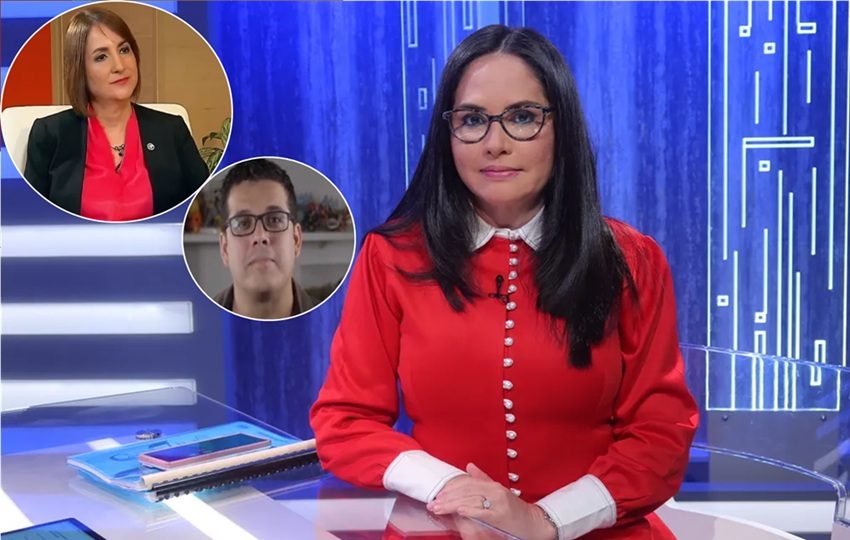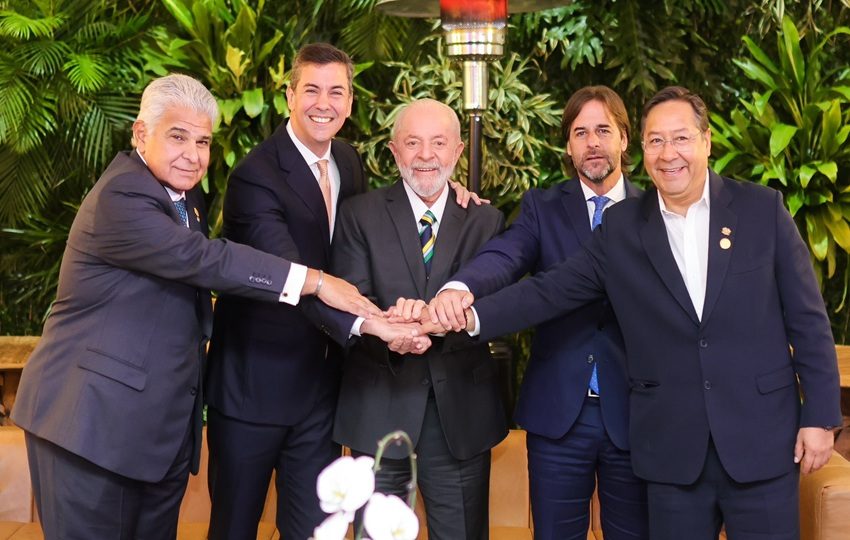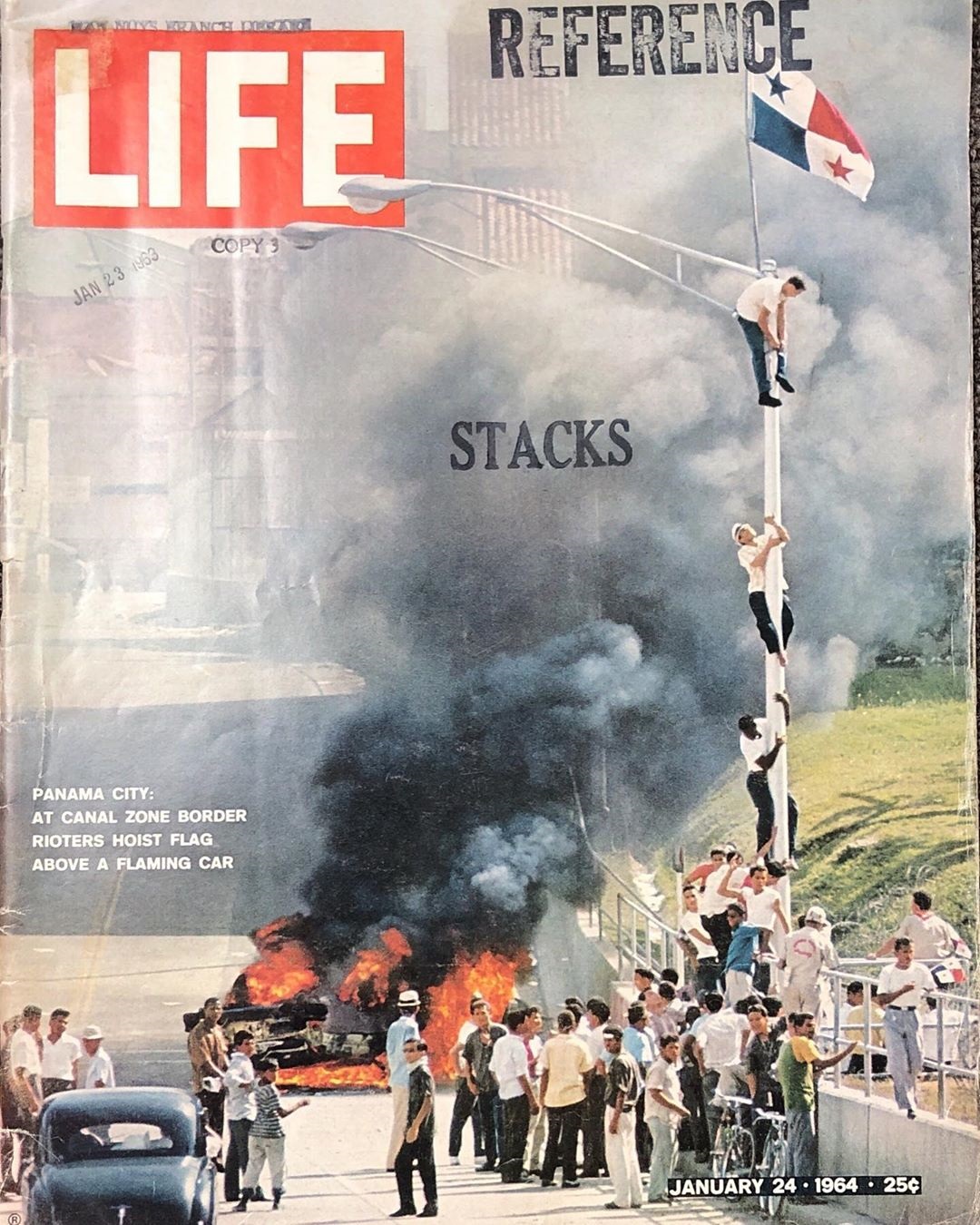Civil groups marginalized at corruption conference

The Fifth UN Conference of concluded in Panama of Friday November 30 yesterday with a protest by international civil society organizations calling for greater citizen participation, transparency and access
After five days of talks and speeches by 1,400 delegates from 139 countries the request of the civil society to increase their level of impact on the implementation of laws passed by the participating states on anti-corruption was not even discussed.
Leaders of the Coalition of Civil Society of the United Nations Convention against Corruption (UNCAC – Coalition) called on states parties to make bianaual forum more inclusive forum with civil society , to strengthen mechanisms for monitoring compliance and assume greater commitments to prevent corruption.
The world president of the UNCAC Coalition – Vincent Lazatin said the conference was a stage suitable for all forces fighting corruption but unfortunately , "a small group of countries were determined not to allow inclusion of NGOs in important discussions . "corruption undermines global efforts to exclude the experience of civil society in the fight against corruption in the world.
In a press release Lazatlin expressed " disappointment " at the distrust shown towards the civil society during the conference.
He said that this happens , even though the global networks of corruption have proven far more effective than anti-corruption alliances.
He warned that , for this reason, it is necessary to " move faster to address the social scourge of corruption .
Lazatin said that the slow steps continue, corruption will be gaining ground and we will lose the battle with terrible costs incurred throughout the world."
Ines Selvood Latin America representative for the coalition , called on member countries for concrete action to enable greater transparency and access to information..
Among measures, discussed in the closing sessions were involvement of the private sector in the fight against corruption, through the benefit of anonymous complaints, establishing internal controls and reduced sentences for cooperate with the judicial process.
It also recommended greater participation of youth and children in the prevention of corruption , through a culture of respect for the law and integrity , education and crime prevention .
Monitoring the Marrakech declaration on the prevention of corruption, was also endorsed and urged states to strengthen concerns about the integrity of the criminal justice system at all levels .





